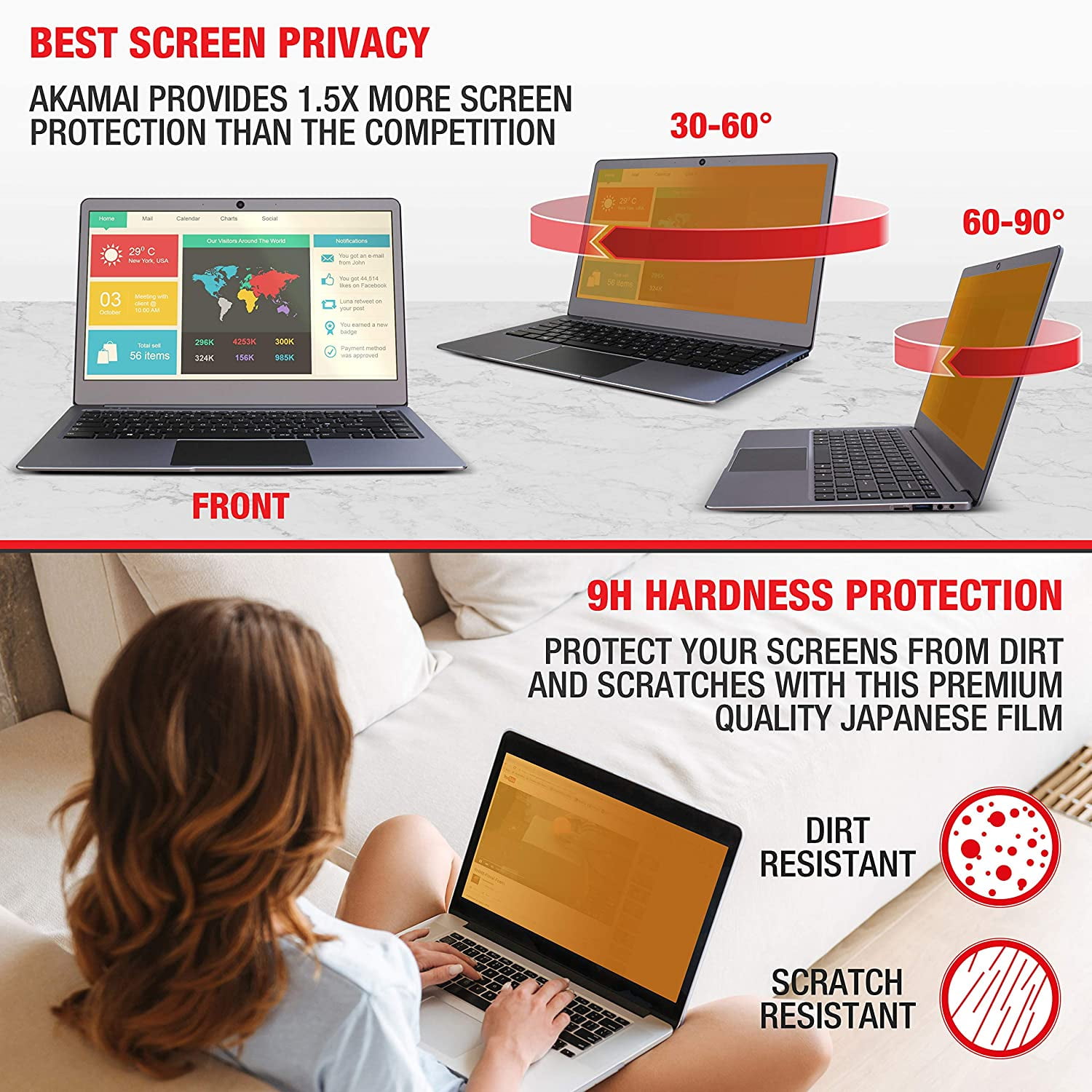

In addition, these covers also provide added protection to the screen, reduce glare and minimize exposure to both UV and blue light. Viewing from either side of your screen becomes nearly impossible yet the main user still enjoys a clear view. These handy screen additions simply attach using adhesive or magnets to restrict the viewing angle. These privacy filters stop people from seeing what’s on your screen when you don’t want them to. Luckily, adding a privacy filter to your laptop screen is a quick and simple way to prevent the loss of your information and protect your passwords. It’s really incredibly easy for people to see what you’re doing on your laptops and tablets. However, if you often work in busy environments like a co-working space, a coffee shop or a library, then you really don’t know when someone has paid a little more attention to your screen than they should. Of course, if you’re working at home or in your own office, this isn’t really a concern. This is called visual hacking, and it’s successful an astounding 91% of the time. While these issues definitely deserve your attention, it’s also important to remember that there are still con artists who prefer good old fashioned methods of information theft, like stealing your information as you view it on your screen in public areas. Digital scammers won’t hesitate to steal important information from your grasp.

We often hear about email phishing, wireless identity theft and other technologically-advanced scams. What's a girl to do when she works for an online media company and constantly works with blue-light devices? Thankfully there are products like specialized light bulbs and screen protectors designed to reflect and reduce blue light exposure to help alleviate eye strain.If you purchase an independently reviewed product or service through a link on our website, SPY.com may receive an affiliate commission. When we use blue light electronics at night, it throws off our natural melatonin-production leaving us restless and wide awake.

This is thought to be a factor contributing to eye strain, headaches, and fatigue. Our eyes aren't naturally built for prolonged direct exposure to blue light. The short-wave, blue light emanating from electronic screens flickers quickly and has the ability illuminate for long periods of time. A large portion of people these days spend all day and night either staring at a computer screen or glued to their phones. So, what's the problem? It's not natural blue light, it's artificial blue light.Īrtificial blue light is light that's emitted from electronic devices like computers, tablets, and phones. It gives us energy and boosts our mood during the day, and helps our bodies know when it's time to go to sleep at night. So, the sky is blue because red, orange, yellow, green, violet, and indigo are absorbed by the molecules in the atmosphere, while the color blue (or blue light) is reflected back to our eyes.īlue light is actually important to our natural sleep cycle. An object exposed to white light absorbs all of the wavelengths (or colors of the rainbow) but the one you see.

White light compromises various wavelengths that make up the visible spectrum (think: Roy G. This is how blue light works: The sun emits light known as white light. The sun emits natural blue light - it's always been this way, so why all of a sudden are people experiencing eye strain, headaches, and fatigue from it? As of recent, we've been led to believe that blue light is evil. By clicking ‘Sign up’, you agree to receive marketing emails from InsiderĪs well as other partner offers and accept ourīlue light is a tricky thing to understand.


 0 kommentar(er)
0 kommentar(er)
